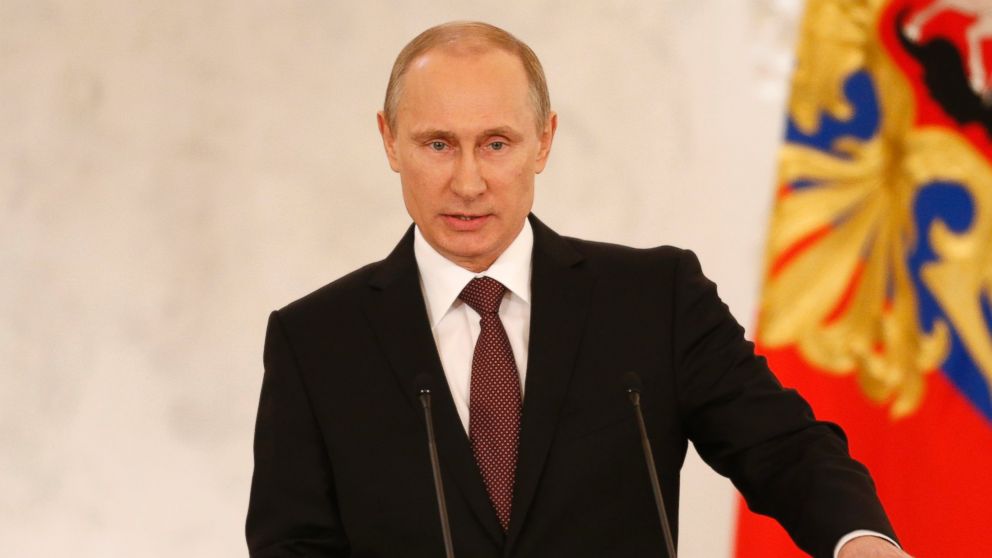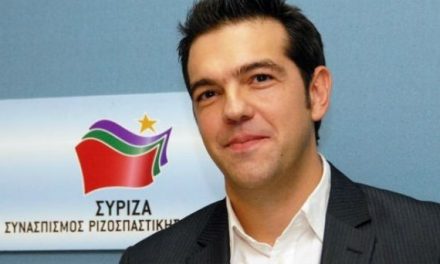By Stephen Sestanovich, Wall Street Journal
Last week’s victory by the Greek leftist party Syriza has Europe worrying that a new government in Athens may help Vladimir Putin dismantle the sanctions imposed on him for trying to break up Ukraine.
Because the renewal of these sanctions requires the unanimous support of EU members, all Mr. Putin has to do is persuade the Greeks to object. What will he have to pay for this? A few billion here to recapitalize Greek banks, maybe a few billion there on new energy deals—and soon enough, the theory goes, Mr. Putin is out from under. Plausible?
Much analysis of the issue has focused on Greek good sense. Sure, Greece has cultural affinities for Russia, and yes, the new government admires Mr. Putin’s defiance of Western institutions. But Athens has serious business to do with Brussels in the next few months, and making Eurocrats mad over an issue like Ukraine may come to seem foolish. The new Greek foreign minister Nikos Kotzias bolstered this optimistic view when he met with his EU counterparts on Thursday. “I am not a Russian puppet,” Mr. Kotzias assured them.
Whatever the Greeks decide, Mr. Putin himself has powerful reasons to hesitate. Russia has its own economic crisis to cope with. Remember what triggered the ruble’s quick crash in December? A decision by the Central Bank to help Rosneft, the state oil company, meet looming payment deadlines. To many, that—plus the crashing price of oil—was a sign that bailouts were ahead, and that political connections would guide them.
The Russian finance minister has said his country is ready to consider Greek requests, but if Mr. Putin puts Moscow’s dwindling hard-currency reserves on the line to help Syriza stand up to the EU, the domestic pushback is likely to be strong. With Russia’s own banks and companies in difficult shape, it will be said, Greece should be left to fight its own battles. Expect a battle royal on this issue.
Strategic cooperation between Moscow and Athens would have its ironies. A leftist Greek government that hates the fat cats of the EU would be selling itself to a regime run by the fattest, most corrupt cats of all. Mr. Putin, who hates—and fears—popular spontaneity, would be embracing Europe’s angriest tire-burners. Irony, I admit, may not stop him. I’m pretty confident that the money will.
Stephen Sestanovich, a professor at Columbia University and senior fellow at the Council on Foreign Relations, is the author of “Maximalist: America in the World From Truman to Obama.” He is on Twitter: @ssestanovich



















